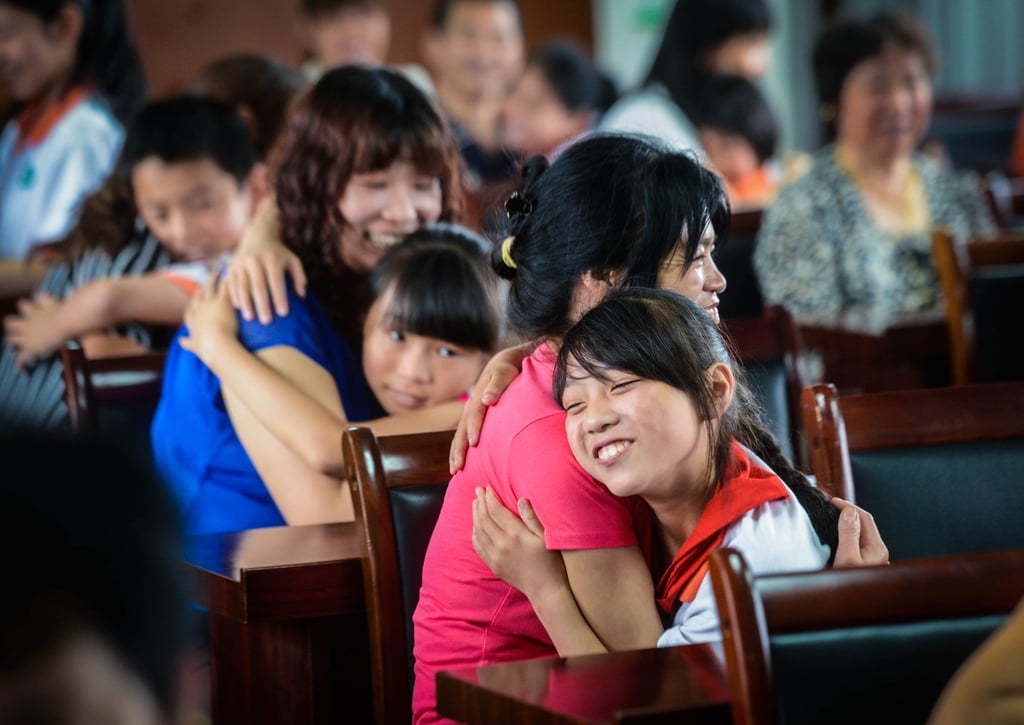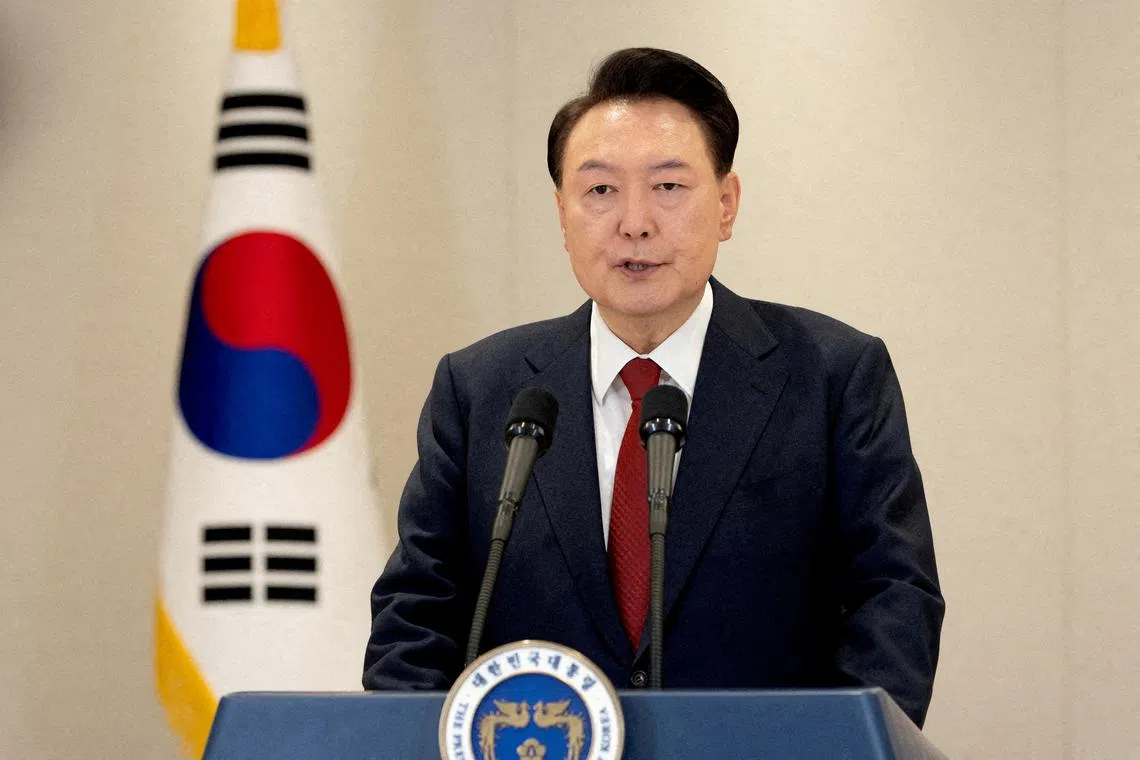For some time, my sister and I have found ourselves inhabiting new roles in our family. When my father retired a few years ago and his health started to deteriorate, the landscape of our relationship shifted.
Our father was our superhero, lack of cape notwithstanding. He was fiercely independent, gracious with his guidance and advice, as well as a pioneer in his own right – the first among his siblings to leave Hong Kong and study abroad, and the first to be a tenured professor. Abruptly, however, our roles as children have changed.
My sister and I now find ourselves in the role of carers. While my father and his wife wrestled with a new reality, my sister and I have established a new norm as a tag team, making arrangements for Dad’s medical appointments, transport and meal deliveries. I’ve shopped for groceries and arranged recreational activities at the local senior centre for him, including bingo.
In my quiet moments, I struggled with this role that I feel I should play, in a hierarchy where the roles now seemed blurred. My new role did not feel comfortable; at times, it felt like an obligation.
It was a known but unspoken expectation that, growing up as a child of immigrants, I am to honour my elders, especially my parents. To be xiao shun meant being filial and obedient. It would surface whenever I ignored a request from my parents, whether it was picking up supplies at the supermarket or simply following their advice.
“Ni xiao bu xiao shun?” (“Are you obedient to your parents?”) was a question that came with the wagging of a finger. Unlike in the West, filial piety in Chinese and some other Asian cultures places great emphasis on respect for the authority of elders and the maintenance of family honour.


 By South China Morning Post | Created at 2025-01-18 01:36:28 | Updated at 2025-01-18 03:59:36
2 hours ago
By South China Morning Post | Created at 2025-01-18 01:36:28 | Updated at 2025-01-18 03:59:36
2 hours ago








